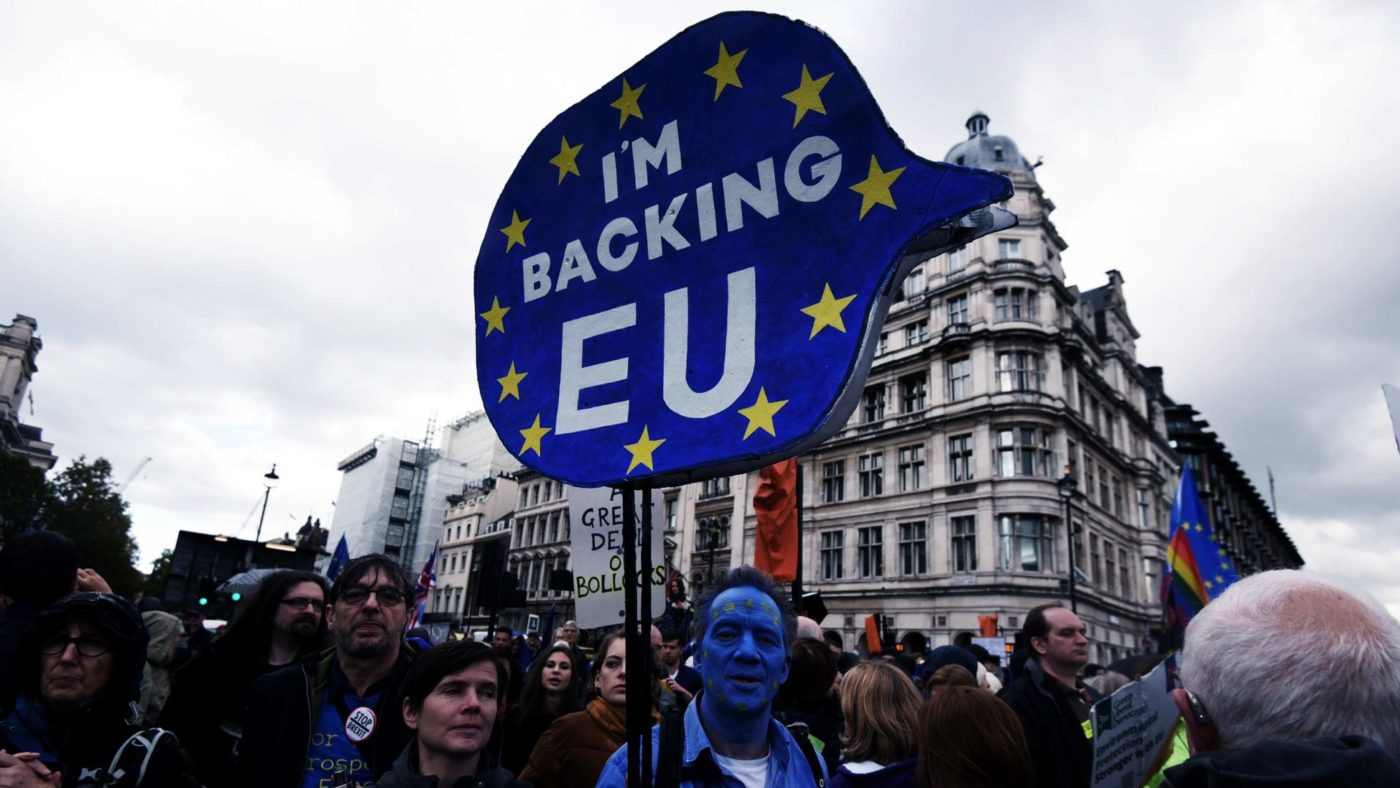In the end, Saturday wasn’t so super after all. I had hoped to be writing about a Brexit deal finally passing the House of Commons on the first Saturday sitting in 37 years – which is also roughly as long as it feels Brexit has been going on.
Instead, thanks to the passage of Oliver Letwin’s amendment, we are braced for yet more delay, albeit potentially much shorter than the three months stipulated by the Benn Act. Much has already been said about the sophistry of Letwin’s intervention, but it is perhaps best summed up by the pro-deal Labour MP, Caroline Flint, who called it “a panic measure to reinsert the three-month delay for one reason only – to thwart a deal”.
What comes next is anyone’s guess. Yet again.
Boris Johnson has semi-complied with the Benn Act by sending three letters to the EU, one of which says he does not want an extension. There is, of course, nothing requiring the EU to agree – and little evidence of any appetite for another three months of dither. Meanwhile another case looms in the Scottish courts – it’s not so much déjà vu as Groundhog Day.
The best case scenario for those who want a deal may now be a short technical extension to see through the required legislation. Though sub-optimal, that is an outcome which few would regard as an outright betrayal of Mr Johnson’s ‘do or die’ pledge to get us out by Halloween, especially if Parliament has managed a yay or nay vote on the package before the end of this month.
All the while, the British public look on with justified bafflement at a Parliament that has repeatedly voted against a No Deal exit, only to also thumb its nose at a deal. That’s before we get into the ludicrousness of Labour’s position of calling another referendum, renegotiating a deal, then campaigning against it.
One thing Letwin’s amendment has done is temporarily divert attention from whether Mr Johnson actually has enough support to pass his deal. But let us assume he manages to get this through Parliament, if not by October 31 then shortly after.
That would certainly be seen as a political triumph. Yet looking to the longer term, there is a real risk of even more public disillusionment – though obviously far less than if Brexit is not delivered at all.
For by presenting the Withdrawal Agreement as some kind of end point, MPs on all sides have likely lulled a great many voters into a misplaced sense of finality. One of the great casualties of the endless, wrangling over the Withdrawal Agreement is that the details that matter most about Brexit – our future trading status – have been shoved to one side or presented only in broad terms.
Once the post-deal bunting is down and talk turns to the EU-UK trade deal, things may start to sound awfully similar to the debates of the last three years. Talk, for instance, of whether we need an extension to get a trade deal over the line (Mr Johnson’s team insist they will not ask for one). Talk, perhaps, of parliamentary manoeuvres to prevent us “crashing out” with No Deal at the end of next year. Of course, that will all be made infinitely easier if the Conservatives are able to produce a parliamentary majority (after all, the current impasse is primarily down to Theresa May’s failure to do so in 2017).
If Johnson does manage the double whammy of passing a deal and winning a majority, don’t expect the People’s Voters or the No Dealers to simply shut up and go home. The latter will continue to apply pressure against any kind of trade deal, while the former will turn their push for a second referendum into a straight-up ‘Rejoin the EU’ campaign.
Even if this deal does get through the Commons, let us not indulge the idea that this is the beginning of the end of the Brexit saga. It is only the end of the beginning.
CapX depends on the generosity of its readers. If you value what we do, please consider making a donation.


